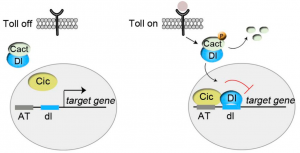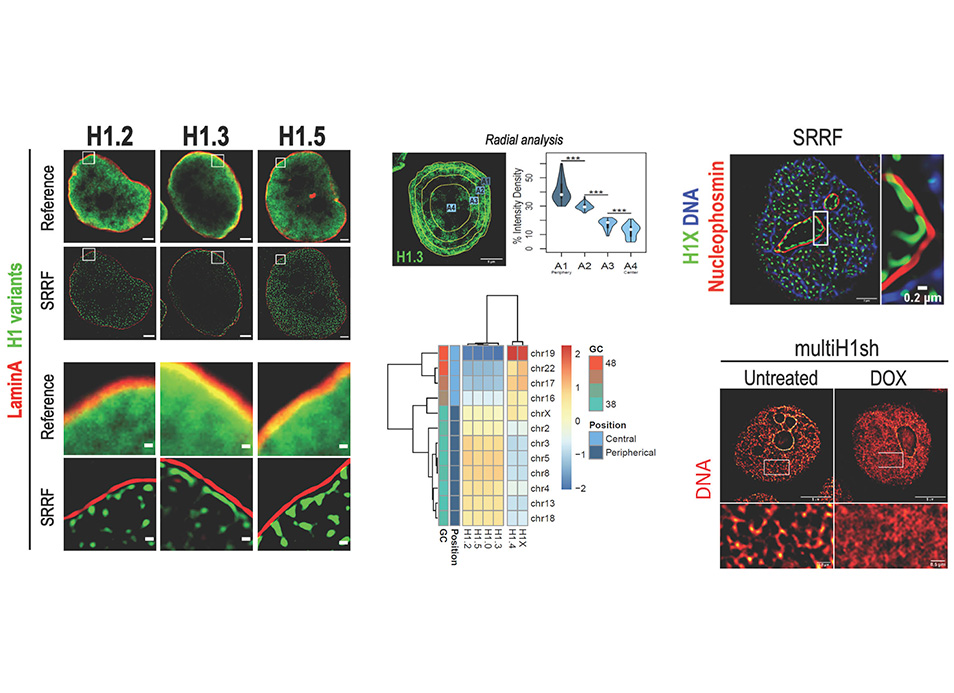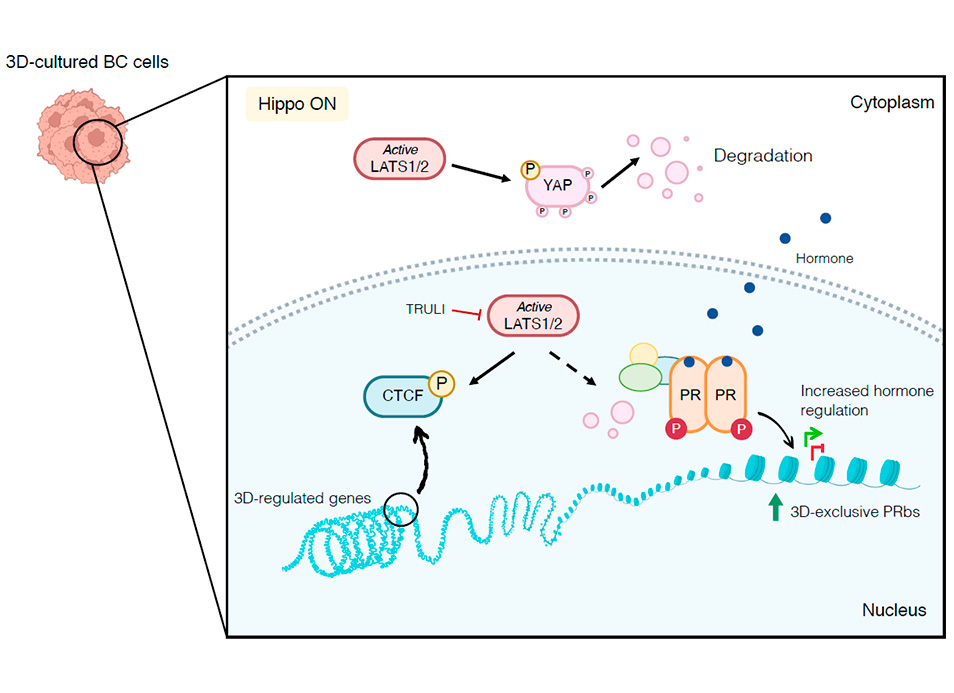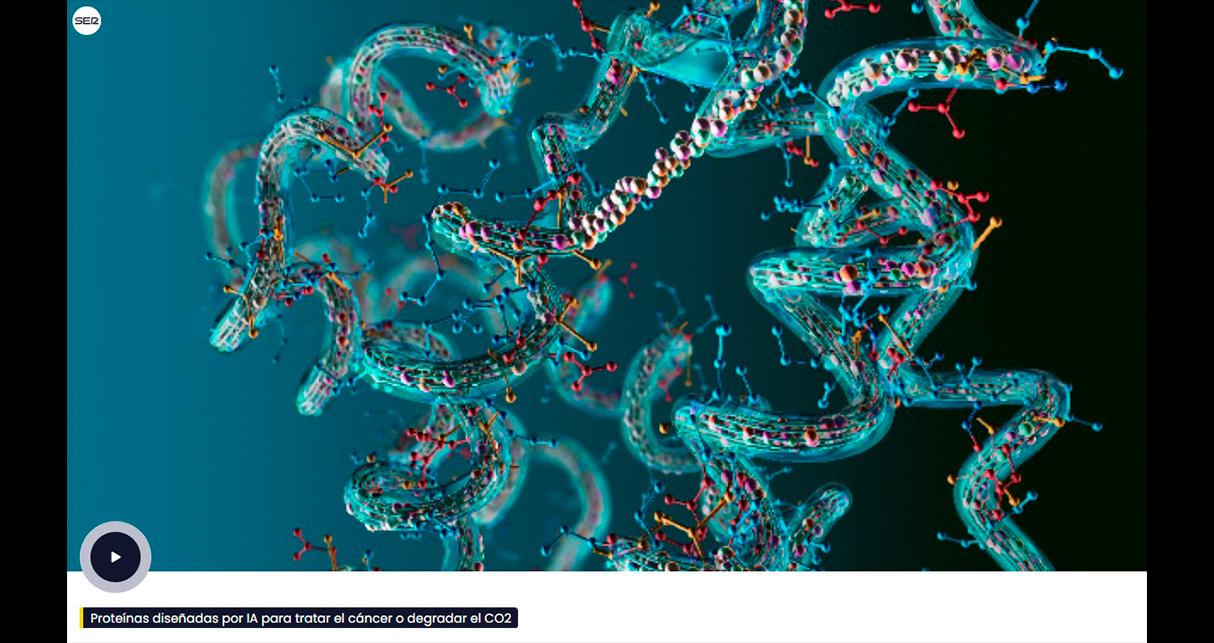New publication in eLife of the Jordan Lab in collaboration with the IBMB Imaging Platform showing that…
A new role of Capicua, a Ras-MAPK sensor, downstream of Toll/IL-1 signaling
We have identified a new mechanism of Cic regulation unrelated to its well-established role downstream of the Ras-MAPK pathway. This mechanism controls Toll/IL-1 signaling targets via cooperative DNA binding to low affinity DNA sites.

Capicua (Cic) is a conserved transcriptional repressor involved in receptor tyrosine kinase (RTK)-dependent gene regulation. Cic controls numerous physiological and pathological processes in flies and mammals, but whether all Cic functions are connected to RTK signaling remained unclear. In this work, we show that Cic represses Toll/IL-1 signaling targets in Drosophila embryos independently of RTK control. In this context, Cic functions via suboptimal DNA sites that it cannot recognize on its own. Instead, Cic binding requires the Dorsal/NF-kB protein, which enters the nucleus following Toll activation and binds next to the Cic sites. Thus, Cic exerts more diverse mechanisms of control than previously realized, raising the possibility that RTK-independent mechanisms and/or suboptimal DNA binding may also underlie Cic function in other contexts.
Papagianni, A., Forés, M., Shao, W., He, S., Koenecke, N., Andreu, M.J., Samper, N., Paroush, Z., González-Crespo, S., Zeitlinger, J. and Jiménez, G. (2018) Capicua controls Toll/IL-1 signaling targets independently of RTK regulation. Proc. Natl. Acad. Sci. USA 115, 1807-1812.



